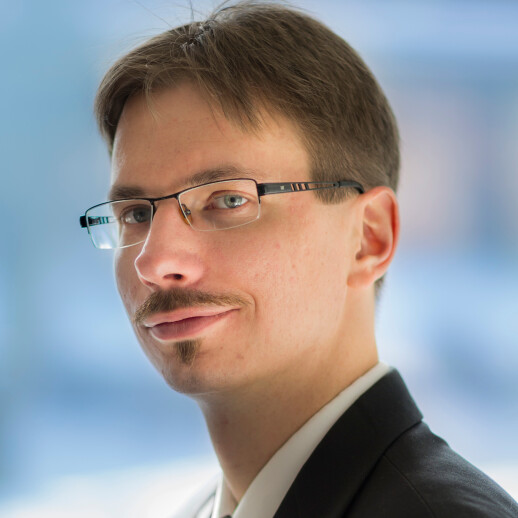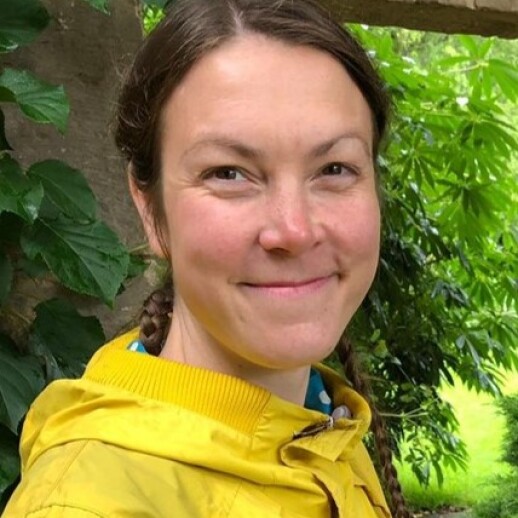Battery Materials and Technologies
The research group of Battery Materials and Technologies, led by associate professor Pekka Peljo, is developing next generation stationary energy storage technologies, mostly based on redox flow batteries. We are an experimental group focusing on discovery of new materials, aided by our collaborators utilizing advanced computational tools, and developing novel testing methods to accelerate materials testing.
Our research areas:
- Stationary energy storage in redox flow batteries
- Understanding charge transfer at interfaces
- Energy storage and conversion
Current Projects
Solar panels and batteries in individual households have become more common due to lower prices and the green transition, and this development has made HEMS operational strategies an important research topic. The HEMS strategy refers to the coordination of a household's energy production, consumption and storage, taking into account the limitations of the energy system and the household (e.g. home heating). Various HEMS strategies have been studied extensively globally, but the conditions in Finland create special challenges due to, for example, large variations in solar energy production and high heating demand. Those Nordic challenges are the focus of this new project.
Funded by City of Salo and University of Turku (2024–2026).
The aim of the OHDaBaGS project is the integration of lightweight and low-cost chemical gas sensors into batteries to collect a new type of battery ageing data to improve the performance during their life cycle and to accelerate the testing of battery components.
The transition to electrical transportation is believed to be pro-climate and to help the environment. In order for that to be true, we must work very hard to make sure the whole life cycle of batteries, which are the essential energy storage components in vehicles, is sustainable. We must consider the production of the raw materials, efficient use of the battery during its operational lifetime and meaningful, responsible recycling in the end. The OhDaBaGs project is linked to all of these as the goal is to design an analytical methodology to accelerate battery research and contribute to the sustainable use of battery raw materials.
This project is funded by the Research Council of Finland as part of Ulriika Mattinen's Academy Research Fellowship (2023-2027).
The DualFlow project will introduce a radically new energy conversion and storage concept. The breakthrough idea involves combining battery storage, hydrogen generation and production of useful chemicals into a single hybrid system using water-soluble redox mediators as energy transfer vectors. The system will be used for storing electricity or for converting renewable energy into hydrogen and value-added chemicals. The energy conversion operation will be realised by pumping charged electrolytes through reactors. For hydrogen production, the reactor will be filled with particles to catalyse electron transfer and hydrogen evolution. Ultimately, the production of value-added chemicals will be enabled by a reactor comprising a biphasic system.
Funded by the European Union (2022–2026)
The main objective of ReZilient is to demonstrate the first non-critical-raw-materials-based zinc-air flow battery of its kind with a round trip DC efficiency ≥ 70%, daily self-discharge < 0.1%, levelised-cost-ofstorage (LCOS) ~ 0.07 €/kWh/cycle (mid-term storage) and ~ 0.43 €/kWh/cycle (long-term storage), and an expected lifetime ≥ 10 years (or 10’000 cycles).
Funded by the European Union (2023-2027)
The SUSMAT university profiling measure enhances the design of sustainable materials and manufacturing with data-driven approach to solve global energy, health, and well-being, and industrial production challenges.
SUSMAT is a collaboration between the Department of Mechanical and Materials Engineering, Department of Physics and Astronomy, Department of Chemistry, Department of Life Sciences, and Department of Dentistry in University of Turku.
The SUSMAT project is coordinated by Helen Salminen.
Past Projects
The Bi3BoostFlowBat project will develop cost-efficient batteries featuring low cost, optimal redox potential and high solubility. The project plans to achieve this by introducing several strategies, including utilization of solid boosters, bio-inspired materials, biphasic systems and bipolar membranes, to find the best compounds that will lead to the desired results.
Funded by the European Union (2021–2025)
The FITech Hydrogen project course aims to teach both course students and participating companies to understand the business opportunities and challenges of the hydrogen economy. In the course, students suggest practical solutions for the various real-life challenges of companies working in the hydrogen economy. At the same time, students will develop their transferable skills such as teamworking, search and application of information for solving real problems, communication and presentation of ones’ own ideas.
https://fitech.io/en/studies/fitech-hydrogen-project-course/
Funded by The Service Center for Continuous Learning and Employment (2023–2025)
The green transition requires solutions for the storage of renewable energy. Flow batteries are one promising technology for this purpose, but current solutions require vanadium and will therefore always be too expensive. Materials based on renewable or abundant raw materials are therefore needed to replace vanadium. Candidates must meet several criteria: sufficient energy density and stability, as well as cost-effective production, but suitable molecules have not yet been developed. FlowXAI develops tools for screening huge sets of molecules using both computational chemistry and machine learning. The methods are complemented by targeted organic synthesis and automatic flow battery chemical testing and preparation.
Funded by the Research Council of Finland (2022-2024)
We are coordinating this research project to study heat generation with hydrogen-metal systems.
Funded by the European Union (2020–2024)
CompBat will focus on developing tools for discovery of new prospective candidates for next generation flow batteries, based on machine learning assisted high-throughput screening. We are also developing computational tools for simulating batteries at the cell and stack level.
Partners: Dr. Imre Papai (Természettudományi Kutatóközpont, Hungary), Prof. Kari Laasonen (Aalto University, Finland), Prof. Daniel Brandell (Uppsala Universitet, Sweden), Prof. Umberto Desideri (Universitá di Pisa, Italy), Prof. Keith Stevenson (Skolkova Institute of Science and Technology, Russia) and Prof. Petri Pihko (University of Jyväskylä, Finland).
Funded by the European Union (2020–2023)
The DIGIPOWER project will develop digital technology enablers based on advanced computational modelling and machine learning to screen prospective molecular candidates to realize scalable, inexpensive and sustainable energy storage based on redox flow batteries, focusing on metal compexes.
The collaborators include Prof. Kari Laasonen (Aalto University) and Prof. Petri Pihko (University of Jyväskylä).
Funded by the Future makers program of Technology Industries of Finland Centennial Foundation and Jane and Aatos Erkko Foundation (2020–2023)
We are starting again some work on photoproduction of hydrogen at liquid-liquid interfaces! We will collaborate with Prof. Marcin Opallo (Institute of Physical Chemistry, Polish Academy of Sciences), and Prof. Hubert Girault (EPFL), with our part focusing on development of photoelectrochemical flow cells for such systems.
Funded from the Solar-Driven Chemistry network initiated by the German Research Foundation - Deutsche Forschungsgemeinschaft (DFG). From Finland the funding organization is Academy of Finland. (2020–2023)
The BioFlow-project develops safe and sustainable flow batteries for large-scale energy storage, based on bio-inspired organic molecules, in collaboration with Prof. Petri Pihko, University of Jyväskylä.
Funded by Academy of Finland (2019–2023)
This project focuses on demonstrating the concept of solid boosters for flow batteries, as well as developing tools to characterize charge transfer with the solid boosters.
Funded by Academy of Finland (2018–2023)
Jenny and Antti Wihuri Foundation awarded us a homing grant in 2019 to help to improve the research infrastructure in our lab. We will use this grant to improve our flow battery testing systems, and to build a scanning electrochemical microscope.





